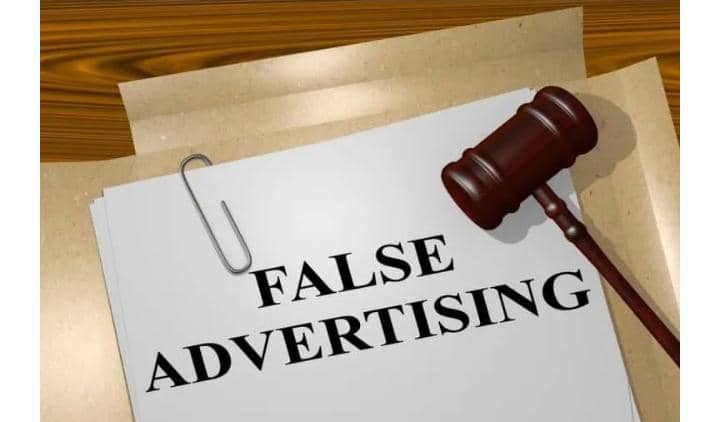
Our customer support team is here to answer your questions. Ask us anything!
Chat with us on WhatsApp

Written By: Flipbz.org
Advertisements are a cornerstone of modern commerce, designed to inform, persuade, and attract consumers. However, when advertisements become misleading, they erode trust, harm consumer confidence, and tarnish brand reputations. Misleading advertising includes false claims, exaggerations, and the omission of critical information. This article delves into the consequences of deceptive advertising on consumer trust, exploring its effects on purchasing behavior, brand loyalty, and regulatory measures.
Misleading advertisements take many forms, from exaggerated product claims to manipulated imagery. For instance, food advertisements often portray items as fresher or more appealing than they are in reality. Similarly, skincare products may claim miraculous results without scientific backing. These tactics exploit consumer expectations, leading to dissatisfaction when the product fails to meet the advertised standards.
In the digital age, social media has amplified the reach of misleading advertisements. Influencers, for example, may promote products without disclosing sponsorships, creating an illusion of genuine endorsement. This lack of transparency further undermines consumer trust.
Trust is a fundamental element in the consumer-business relationship. Misleading advertisements chip away at this trust, leaving consumers skeptical of future marketing claims. For example, when a weight-loss product fails to deliver promised results, customers may not only abandon the brand but also doubt similar products from competitors.
Repeated exposure to deceptive advertising can lead to widespread consumer cynicism. In markets where misleading claims are prevalent, consumers may rely more on word-of-mouth recommendations and third-party reviews than on advertising. This shift in behavior demonstrates the long-term damage caused by deceptive practices.
Regulatory bodies worldwide have implemented laws to combat misleading advertisements. The Federal Trade Commission (FTC) in the United States, for instance, enforces truth-in-advertising laws to protect consumers. Companies found guilty of deceptive practices face fines, lawsuits, and reputational damage.
However, ethical considerations extend beyond legal compliance. Businesses that prioritize honesty and transparency in advertising foster stronger consumer relationships. Honest marketing not only enhances trust but also differentiates brands in a competitive marketplace.
For companies caught engaging in misleading advertising, rebuilding trust is a challenging but essential process. A public apology, corrective actions, and improved transparency are critical steps. For instance, Volkswagen’s efforts to address its emissions scandal included recalling affected vehicles and launching eco-friendly initiatives.
Companies can also leverage social media to directly engage with consumers, address concerns, and demonstrate commitment to ethical practices. Building trust is a long-term endeavor that requires consistent effort and accountability.
Misleading advertisements may yield short-term gains, but they ultimately damage consumer trust and brand reputation. In an era of informed consumers and stringent regulations, transparency and honesty are not just ethical obligations but strategic imperatives. Businesses that prioritize truthful advertising can build enduring relationships with their customers, ensuring long-term success in an increasin
gly competitive market.
Please register to comment.
With these components in place, your business...
Here is an optimized version of your Blade te...
Discover promising partnership opportunities in various industries.
Pitch Your Startup | Find Partners
Comments